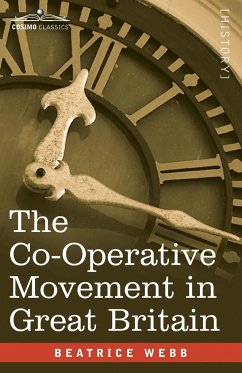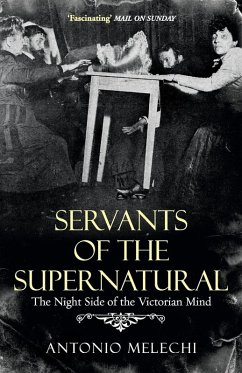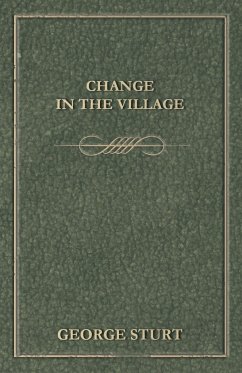
The History of Trade Unionism
Versandkostenfrei!
Versandfertig in 1-2 Wochen
33,99 €
inkl. MwSt.
Weitere Ausgaben:

PAYBACK Punkte
17 °P sammeln!
"Work is the best of narcotics, providing the patient be strong enough to take it. I dread idleness as if it were Hell." -Beatrice Webb, My Apprenticeship The History of Trade Unionism (1919), by Sidney and Beatrice Webb, is a detailed account of the roots and development of the British trade union movement. Originally published in 1894, this 1919 expanded edition was based on research the authors had collected when Sidney Webb was on the faculty of the London School of Economics. It was especially influential in several global socialist movements and was translated into Russian by Vladimir Le...
"Work is the best of narcotics, providing the patient be strong enough to take it. I dread idleness as if it were Hell." -Beatrice Webb, My Apprenticeship The History of Trade Unionism (1919), by Sidney and Beatrice Webb, is a detailed account of the roots and development of the British trade union movement. Originally published in 1894, this 1919 expanded edition was based on research the authors had collected when Sidney Webb was on the faculty of the London School of Economics. It was especially influential in several global socialist movements and was translated into Russian by Vladimir Lenin.














